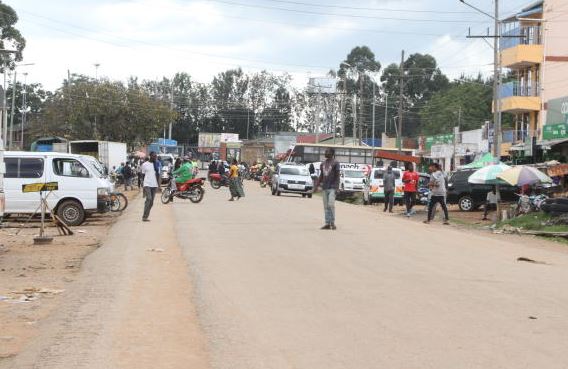×
The Standard e-Paper
Stay Informed, Even Offline

For a very long time, illegal trade at the Isebania border has been a menace and a threat to the economy as smugglers continue to device new ways to sneak goods into the country.
The trade has continued to thrive despite the Kenya Revenue Authority (KRA) imposing high fines and increasing surveillance at the border.